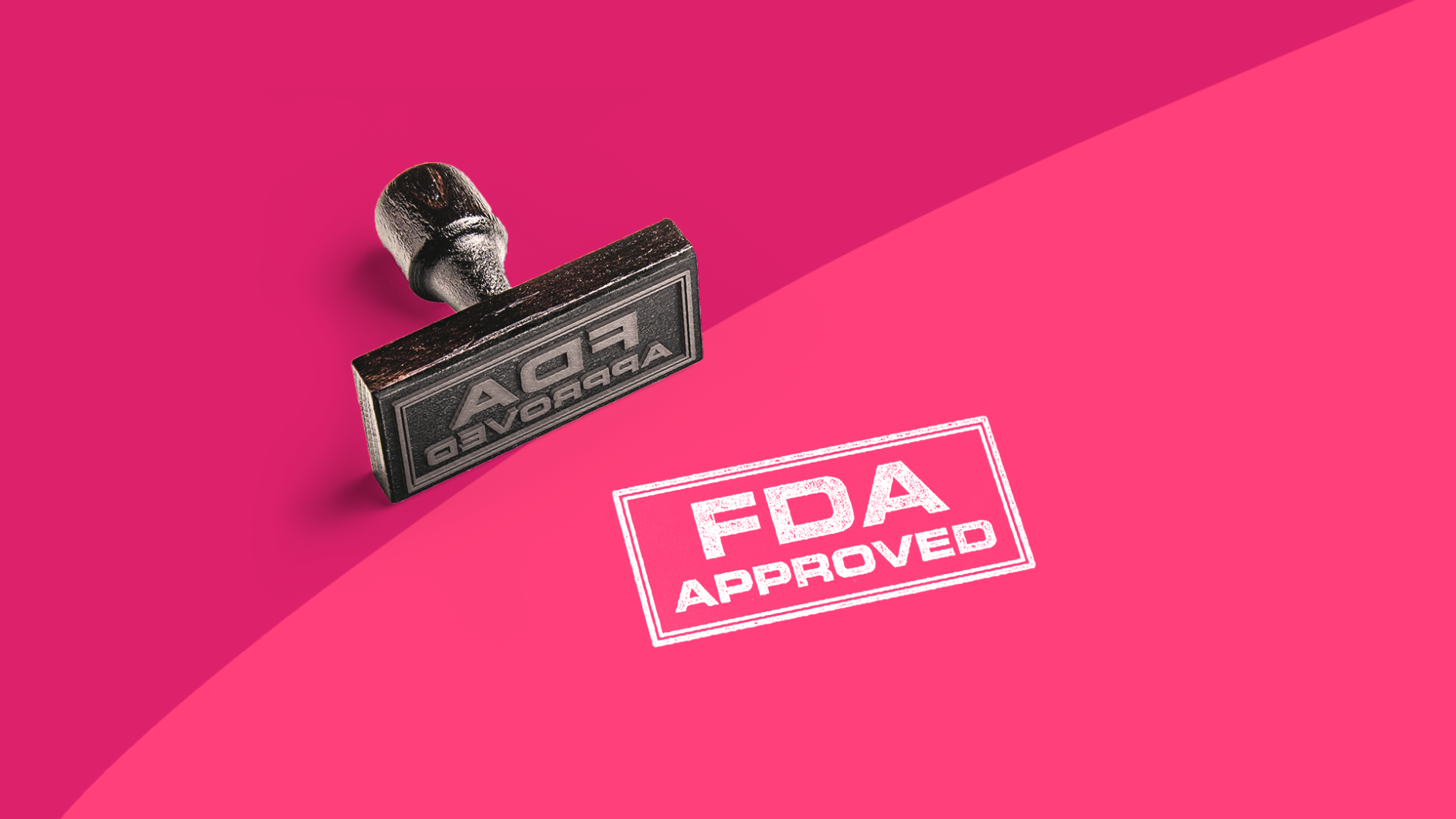Patients who are at high risk for stroke, pulmonary embolism (PE), and deep vein thrombosis (DVT) will someday have a new generic option for blood thinners. On Dec. 23, 2019, the U.S. Food and Drug Administration (FDA) approved two applications for the first generics of Eliquis (apixaban) tablets.
What is Eliquis?
Eliquis is a blood thinner that works by blocking a clotting enzyme called Factor Xa. The brand-name drug was originally approved by the FDA in 2012 to be manufactured by Bristol-Myers Squibb and marketed by Pfizer. At the time, the medication was highly anticipated by cardiologists who were excited by its potential to help patients with certain blood clotting risks. Eliquis was the third novel oral anticoagulant (after Pradaxa and Xarelto) to receive FDA approval. This is the agency’s first approval of an Eliquis generic.
Direct oral anticoagulants like Eliquis have largely replaced a drug called Coumadin (warfarin), an older treatment that requires more careful and frequent monitoring and has many potentially serious drug interactions. Xarelto is another newer and popular alternative to Eliquis. Patients taking Eliquis do not need repeated blood testing, making the treatment more convenient and accessible to many people.
RELATED: Eliquis vs. Xarelto
When will generic Eliquis be available?
When the FDA awarded generic approvals for Eliquis (apixaban) in 2019, they went to two drug companies: Micro Labs Limited and Mylan Pharmaceuticals Inc. However, Bristol-Myers Squibb and Pfizer fought in court for the right to restore their patents. A September 2021 ruling by the U.S. Court of Appeals for the Federal Circuit prevented these generic drugmakers from entering the market with generic apixaban for the time being.
According to the manufacturers of Eliquis, generics will not be able to hit the market any earlier than April 1, 2028 (“subject to additional appeals and challenges”).
What does Eliquis treat?
According to the FDA, doctors may prescribe Eliquis to:
- Reduce the risk of stroke and systemic embolism in patients with nonvalvular atrial fibrillation.
- Prevent deep vein thrombosis (DVT) in the legs, which may lead to pulmonary embolism (PE) in the lungs in patients who have undergone hip or knee replacement surgery
- Treat DVT and PE and reduce the risk of recurrent DVT and PE following initial therapy
All of these conditions are dangerous—even life-threatening—and all involve blood clots.
RELATED: Do you have to take blood thinners for AFib?
How do you take Eliquis?
According to the manufacturer, Eliquis is taken as a 2.5 or 5 mg tablet by mouth twice daily.
How much does Eliquis cost?
If you have commercial insurance, Eliquis costs $34 per month, on average. Patients with Medicare coverage pay an average of $44 per month, and patients who qualify for the Social Security Administration’s Extra Help program may pay $0 to $10.35 per month. Without insurance, Eliquis costs an average of $752.39 for 60, 5 mg tablets, but using SingleCare can lower the price to $473.11.




